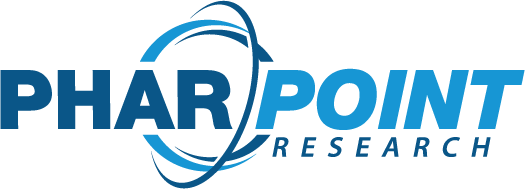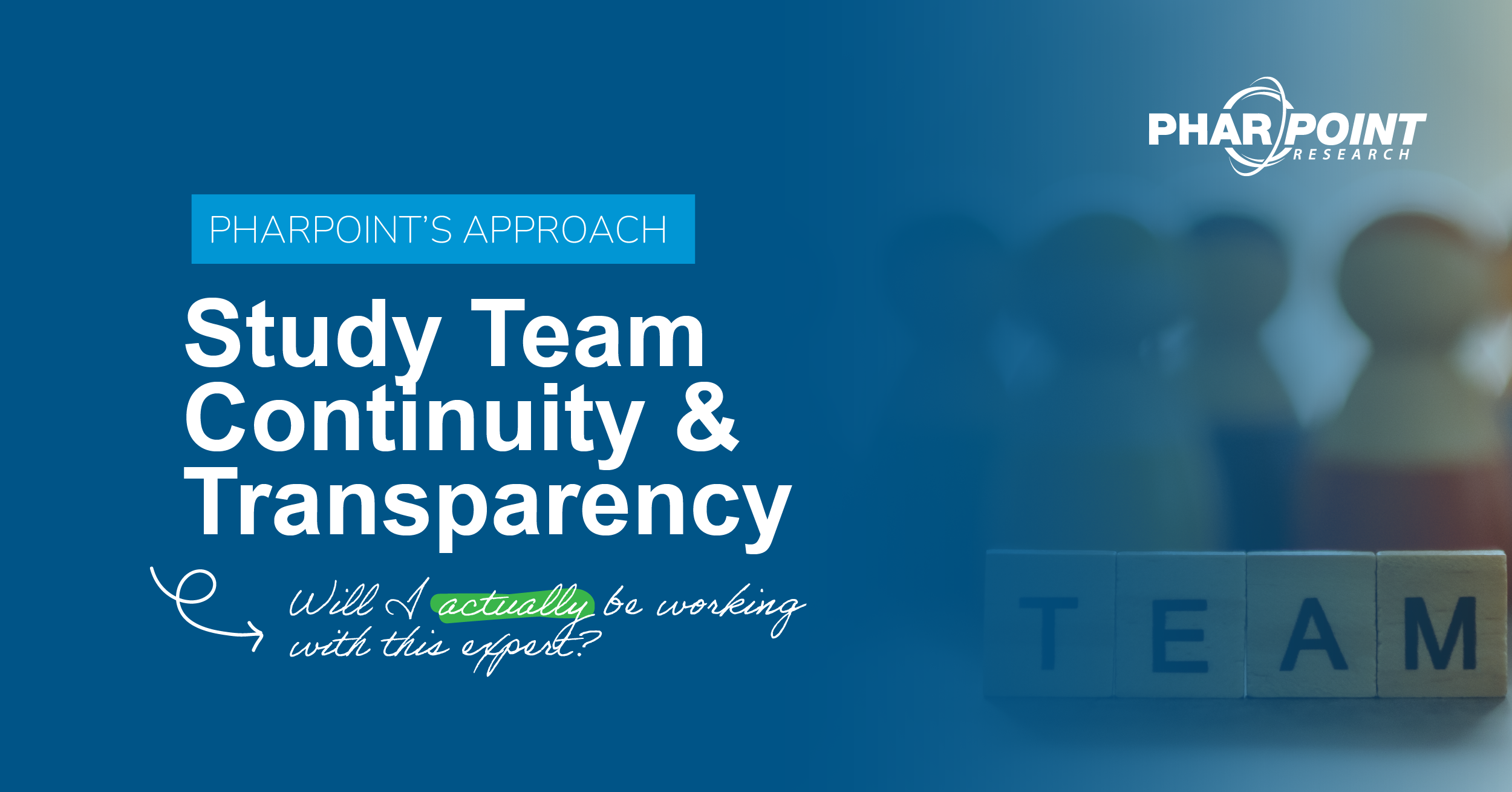
Author: Melisa Williamson, Director of Quality Assurance
In clinical research, we often talk about quality in terms of inspections and audits.
But Out of the Crisis by W. Edwards Deming reminds us that true quality begins with leadership, systems thinking, and a deep respect for people. The principles covered in Out of the Crisis shaped my perspective early in my career, but I find these principles even more relevant today.
Deming’s work, originally aimed at transforming manufacturing, has profound relevance in clinical development. His 14 Points for Management and emphasis on continuous improvement are foundational to how I approach quality culture today, especially in the context of Good Clinical Practice (GCP) and evolving regulatory expectations like ICH E6 (R3).
In Out of the Crisis, Deming insists that variation is the enemy of quality. In clinical trials, variation seems the only constant. How can we drive out variation when every protocol is different? The answer lies not in eliminating all variation, but in distinguishing between common cause and special cause variation, a cornerstone of Deming’s philosophy.
Common cause variation stems from the system itself; inconsistent site training, unclear procedures, or fragmented communication. These are the areas where standardization and process improvement can have the greatest impact.
Special cause variation, on the other hand, arises from unexpected events, such as protocol amendments or site-specific challenges, and must be managed case by case.
Deming’s emphasis on system thinking reminds us that quality is not the responsibility of one function, but the result of how all parts of the research ecosystem interact. By embedding quality by design principles into protocol development, data collection, and monitoring strategies, we can reduce preventable errors and improve consistency across trials.
Moreover, Deming’s call to “drive out fear” is especially relevant in clinical research, where open communication and a culture of learning are essential to identifying and correcting sources of variation.
Rather than chasing perfection in every protocol, we should focus on building resilient systems that anticipate variation and respond with agility, turning Deming’s insights into a practical framework for operational excellence in clinical trials.
As we embrace risk-based quality management, Deming’s principles feel more relevant than ever.
ICH E6 (R3) encourages sponsors and CROs to identify critical data and processes, assess risks, and implement proportionate controls. This isn’t just about ticking boxes, it’s about building resilient systems that prevent errors before they occur. Deming would call this “profound knowledge” – understanding variation, psychology, systems, and theory to drive meaningful change.
One of my favorite takeaways from Out of the Crisis is the idea that quality is everyone’s responsibility, but it must be led from the top.
In my roles across QA and compliance, I’ve seen how empowering teams with clear expectations, structured tools, and a culture of learning can transform outcomes. It’s not about policing – it’s about empowering.
Deming’s legacy reminds us that quality isn’t a department, it’s a philosophy. And in clinical research, where patient safety and data integrity are paramount, that philosophy must be embedded in every decision we make.
If you’re leading teams in clinical development or quality, Out of the Crisis offers timeless insights on how to build systems that work, empower people, and drive excellence, especially in times of change.

Meet the Author
Melisa Williamson
Melisa Williamson, Director of Quality Assurance at PharPoint, has deep expertise within quality systems and process improvement. She has worked in the clinical research space since 2011. Her experience spans multiple GXP environments, including managing and directing GCP Quality Assurance (QA) at various sponsors and CROs. Melisa is an experienced speaker within the clinical quality space, with topics including Risk Based Quality Management (RBQM) and Quality by Design (QbD).
RELATED RESOURCES






